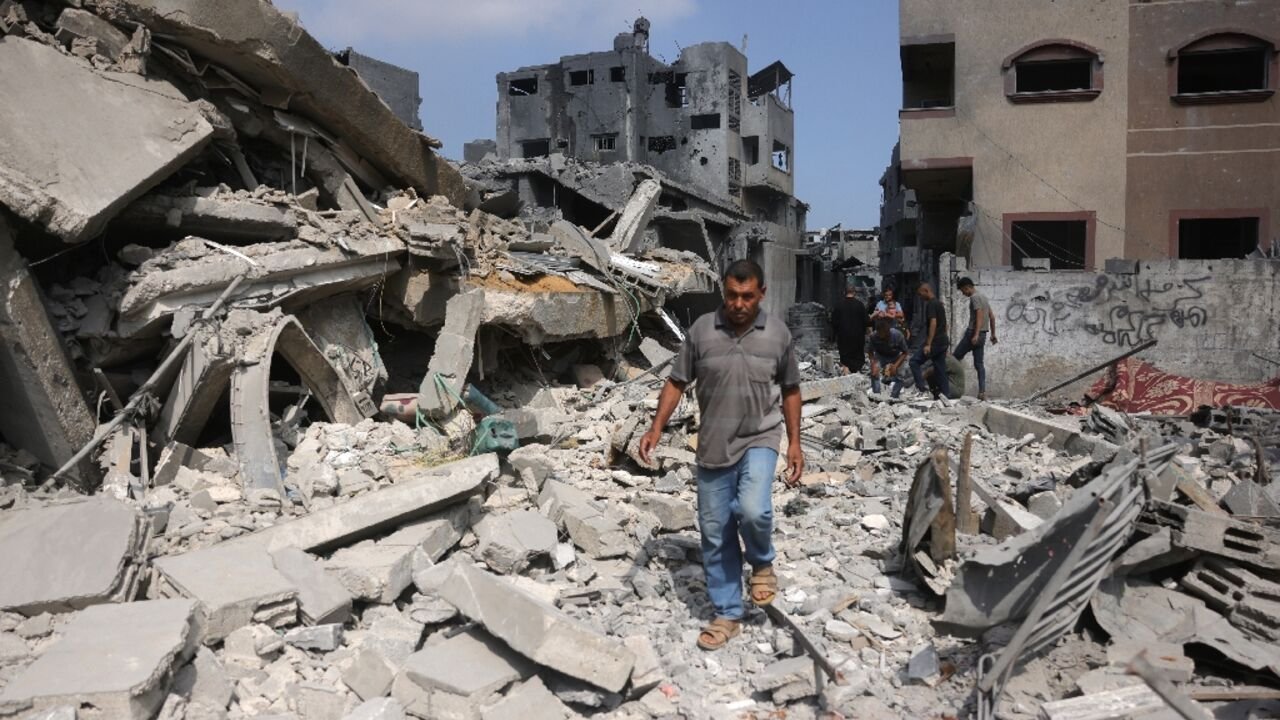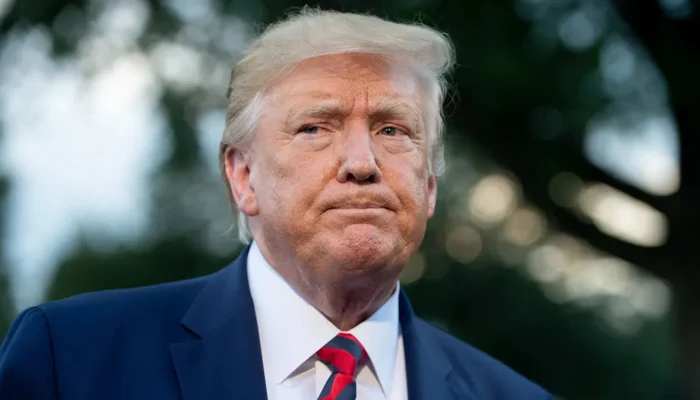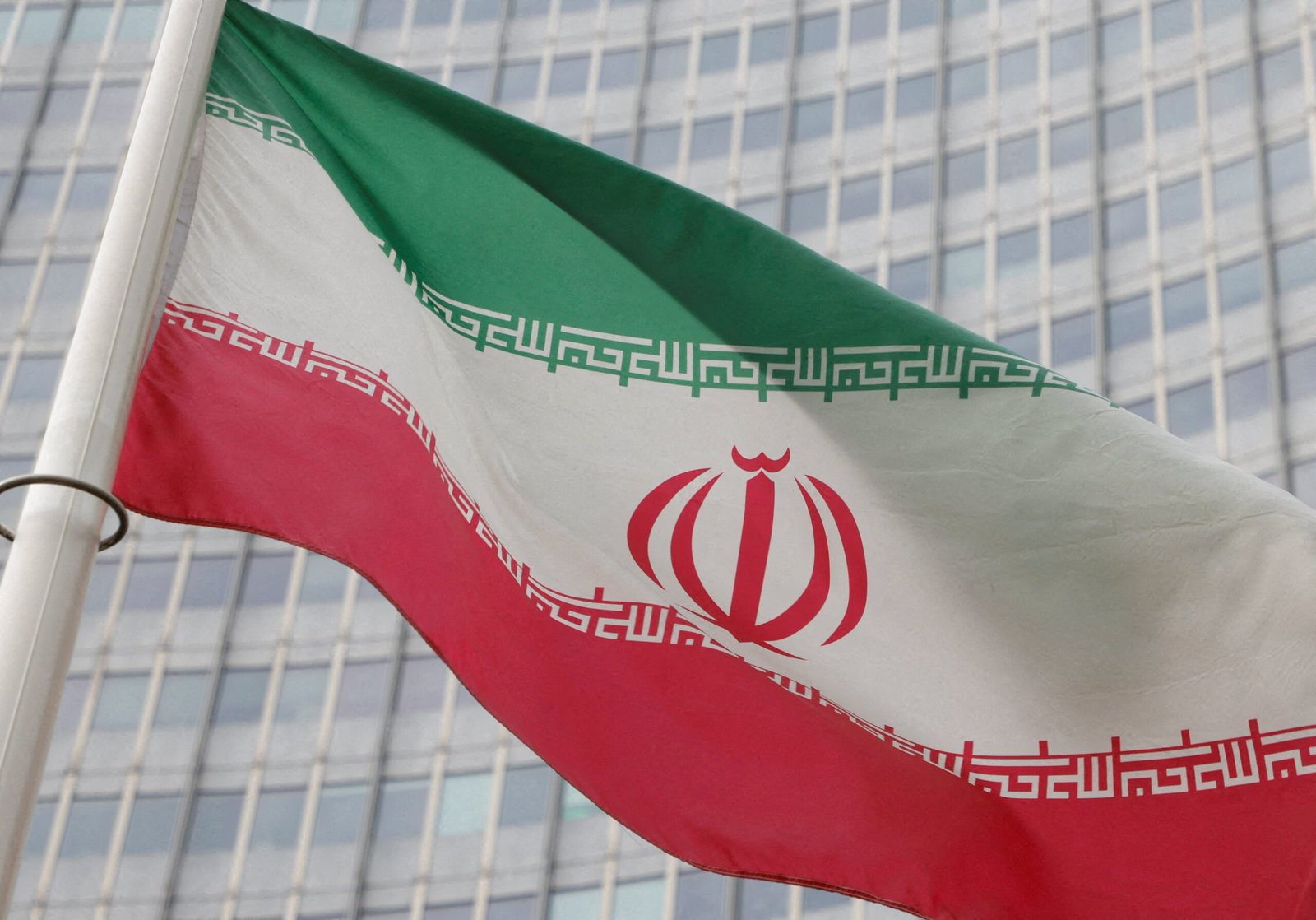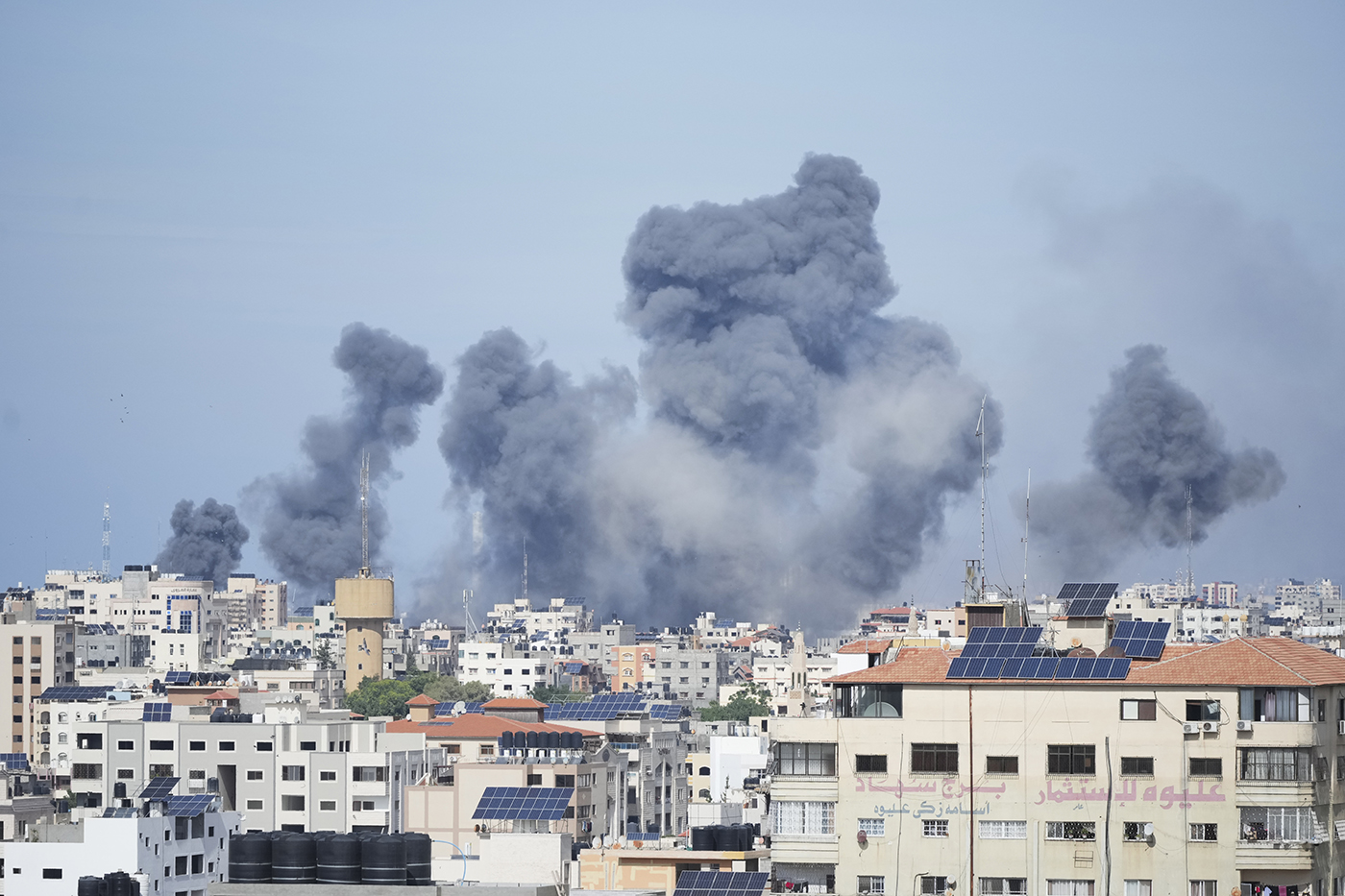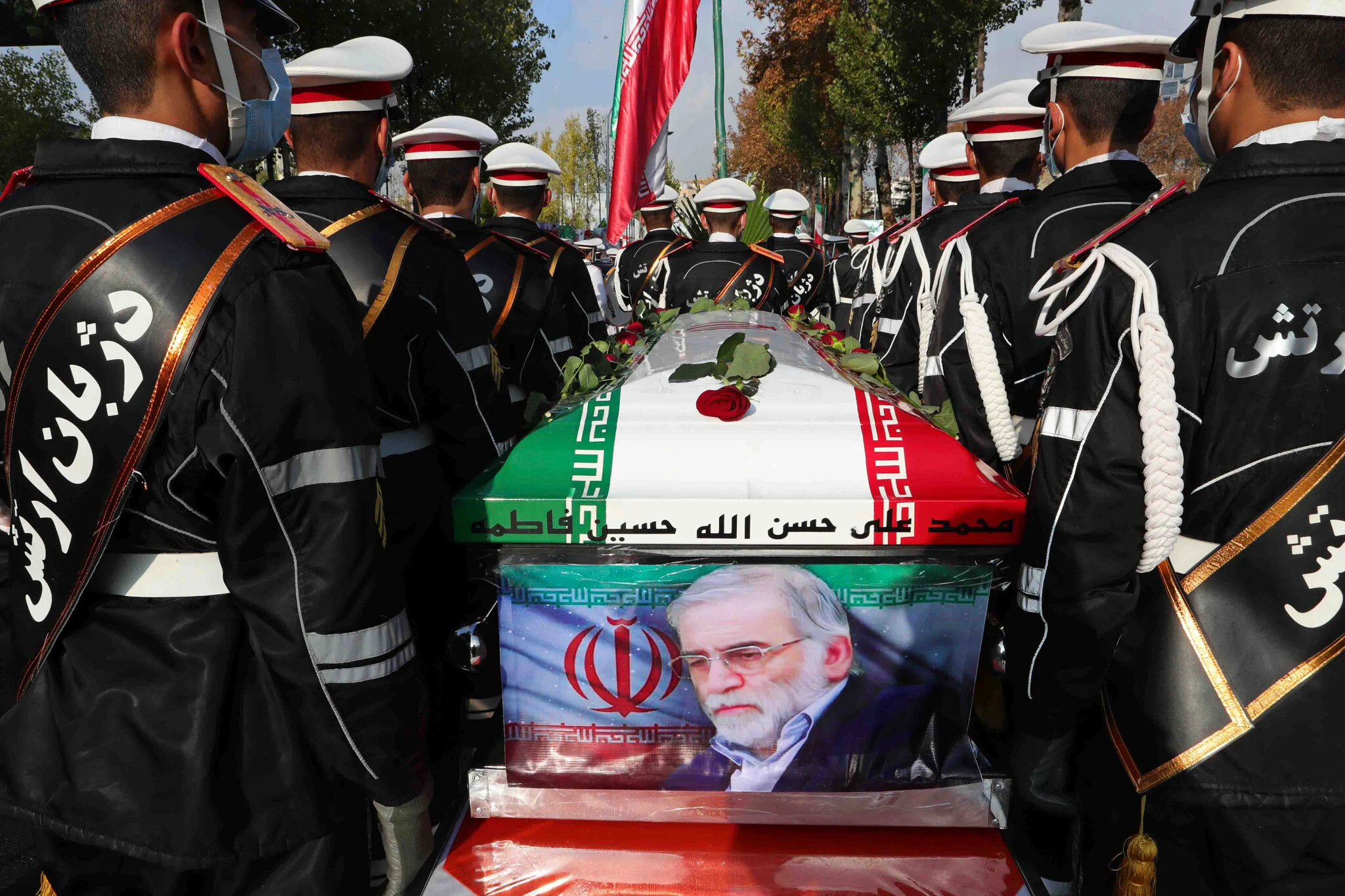Minister for Law and Justice Azam Nazeer Tarar said that President Dr Arif Alvi could only announce the date for the election of the National Assembly and not that of the provincial assemblies after their dissolution.
Alvi had no constitutional jurisdiction to announce the date for the elections of the Punjab and Khyber Pakhtunkhwa assemblies. Thus he has violated the Constitution, and the minister said while speaking in the National Assembly.
He said Article 48 (5) of the Constitution allowed the president to announce the date for the election of the National Assembly after he dissolved it.
Article 48 (5) says:” Where the president dissolves the National Assembly, notwithstanding anything contained in clause (1), he shall appoint a date, not later than ninety days from the date of the dissolution, for the holding of a general election to the Assembly and appoint a care-taker cabinet.”
Tarar said, “Article 105 (3) allows the governor to announce the date for holding the election to the respective provincial assembly if he has dissolved that assembly.”
Article 105 (3) says:” Where the governor dissolves the provincial Assembly, notwithstanding anything contained in clause (1), he shall appoint a date, not later than ninety days from the date of dissolution, for the holding of a general election to the Assembly and (b) appoint a care-taker cabinet.”
The minister said that the governor did not dissolve the Punjab Assembly because it stood dissolved 48 hours after the chief minister advised its dissolution. The governor had refused to sign the advice, he added.
Moreover, he maintained that the president needed help fixing the election date as the matter was pending before a court of justice. As per Article 218 (3), he said it was the responsibility of the Election Commission of Pakistan to conduct the elections.
Article 218 (3) reads: “It shall be the duty of the Election Commission to organise and conduct the election and to make such arrangements as are necessary to ensure that the election is conducted honestly, justly, fairly and following the law and that corrupt practices are guarded against.”









